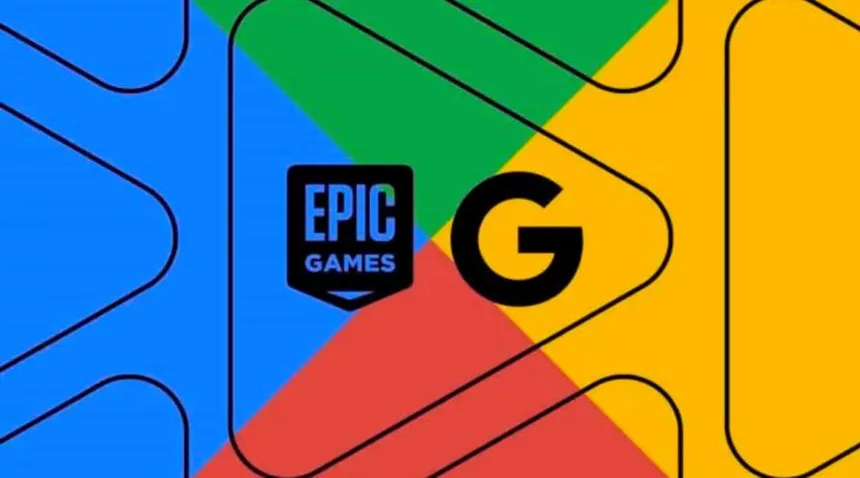In court, Google confirmed offering Epic Games a $147 million deal to bring Fortnite to the Android Google Play Store. Purnima Kochikar, Google’s VP of Play partnerships, approved and presented the deal to Epic, though it was not accepted. The proposed arrangement involved spreading the money over three years as “incremental funding” until 2021, aiming to prevent other apps from bypassing the official Android store and avoiding Google’s in-app purchase fees.
Initially, Epic launched Fortnite on Android in 2018 through its website, bypassing the Play Store to avoid commission fees. In 2020, citing issues like security pop-ups, Epic returned to the Play Store. This decision triggered an antitrust lawsuit, with Epic claiming Google feared a “contagion risk” if other game developers followed suit, leading to attempts to offer benefits or buy Epic.
During the trial, internal documents were presented, projecting Google’s concerns that top game developers might leave Play, potentially costing billions in revenue. The documents suggested Fortnite’s absence could lead to a direct revenue loss of $130 to $250 million and a broader downstream loss of up to $3.6 billion.
Google’s stance is that its concern was about losing games on Play, with no nefarious intent. Kochikar emphasized the desire for developers to choose Play, and Lawrence Koh, former head of Google Play’s games business development, testified that getting games on the service was a worthwhile investment.
On the other side, Epic uses these documents to argue that Google feared competition for Android app distribution, maintaining an unlawful monopoly with the Play Store. While the deal’s existence doesn’t prove this claim, it provides insight into Google’s perspective on its games business.
Stay up-to-date on the latest tech and auto news and insights! Follow us on Google News, Instagram, X (formerly Twitter), Pinterest, and Facebook for daily updates.










